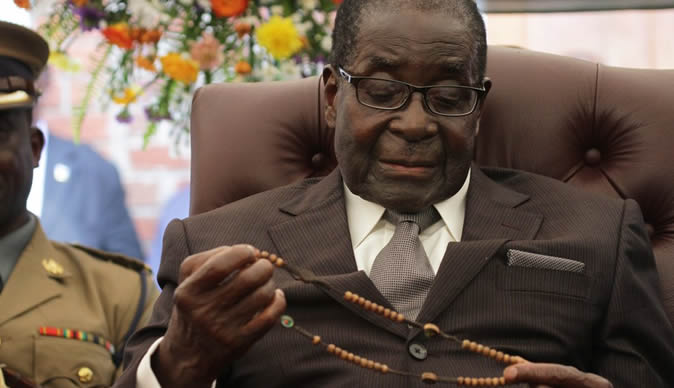- WICKNELL CHIVAYO left school at 15
- DISGRUNTLED Zimbabwe police stage uniform protest.
- MNANGAGWA wife Auxillia drops charges against nine women who boed her in Manicaland
- O.J. Simpson dies of cancer , aged 76.
- South Africa ANC is the cause of ZIMBABWE troubles claims Zimbabwe opposition politician Job Sikhala
35 Years After Independance, 8 Million Zimbabweans (60% Population) Have No Electricity

SOME 35 years after independence, eight million Zimbabweans, about 60 percent of the population, still have no access to electricity, a cabinet minister has revealed.
Energy and power development minister, Samuel Undenge, said Tuesday that the majority of Zimbabweans were still using traditional sources of energy such as firewood.
The minister conceded that “we cannot continue to accept such situations as the norm”.
This comes at a time even those with access to electrical power are enduring blackouts lasting nearly all day after local generation collapsed to 984 megawatts against a daily demand of 2000 megawatts.
The cash-strapped country does not have the resources to plug the shortfall with imports.
“A recent survey by the University of Zimbabwe, shows that of the 13,1 million in Zimbabwe, about eight million or 60 percent have no access to electricity,” Undenge said in a speech read on his behalf by his ministry’s permanent secretary Partson Mbiriri.
“Surely, in this 21st century, we cannot continue to accept and take such situations as the norm,” said the minister.
“We need to look for innovative means to help the bulk of the population residing in rural areas access modern forms of energy.
“We cannot continue to think that it is normal for the bulk of the population to continue using firewood, more so when our forests are dwindling.”
Mbiriri was addressing delegates at commemorations to mark the Clean Energy Week in Harare.
He said the power supply crisis also meant that the country’s rural communities were deprived of access to information.
“In this fast changing world we can longer continue depriving over half of the population with such necessary facilities to ensure they have access to information and resources that can better their lives,” he explained.
Zimbabwe has for years struggled with an electricity supply crisis which has forced power utility ZESA to ration supplies.
Last week ZESA said tougher load-shedding would see some areas going without power for 18 hours per day, blaming drought and declining water levels at Kariba Dam.
However, Mbiriri conceded that the country had failed to invest in increased power generation over the years.
“We did not invest in the energy sector, in the power sector, for many years. The last phase of Hwange was done in 1987,” he was quoted as saying by a State-owned daily. source-newzimbabwe
see more at www.newzimbabwevision.com